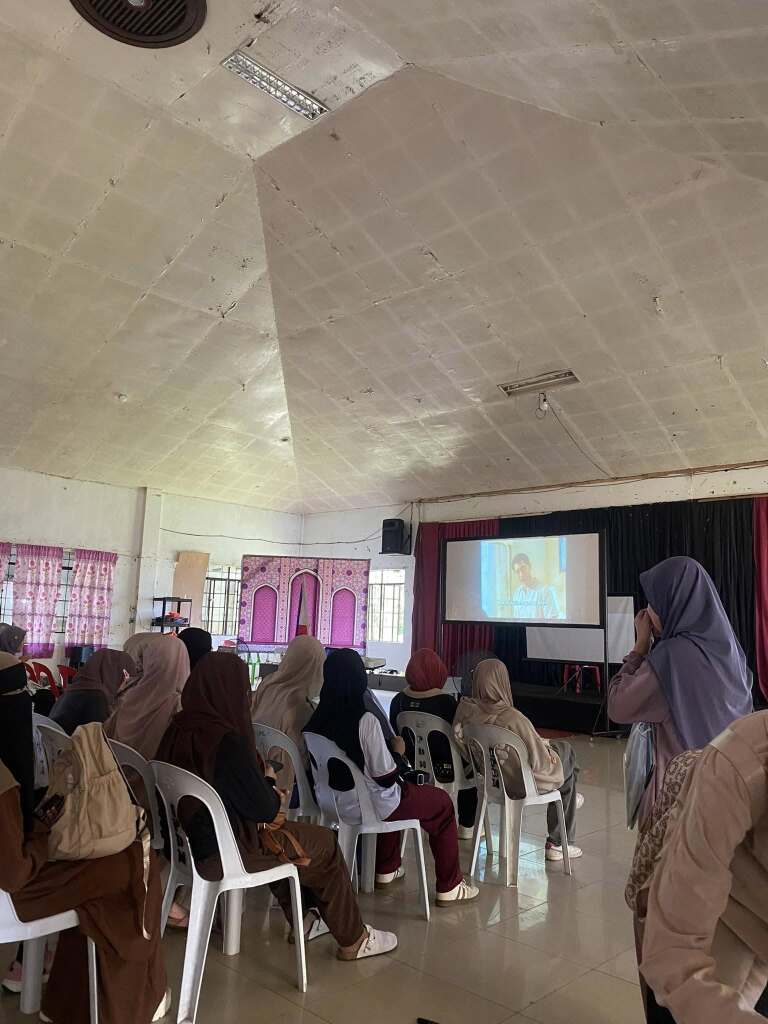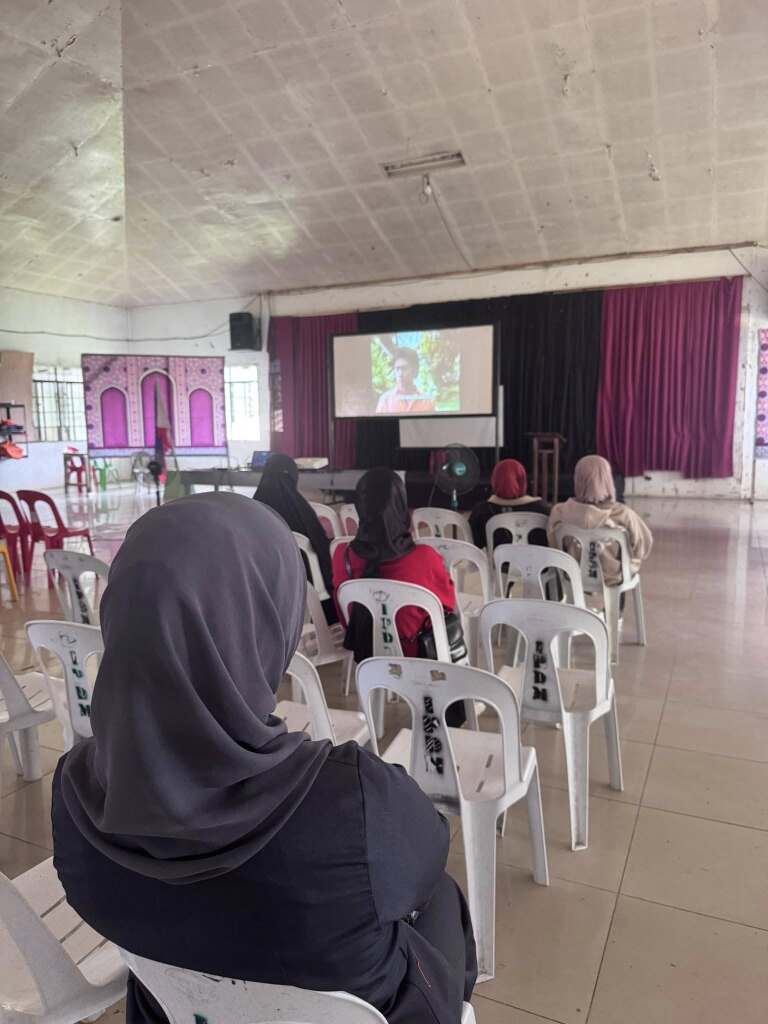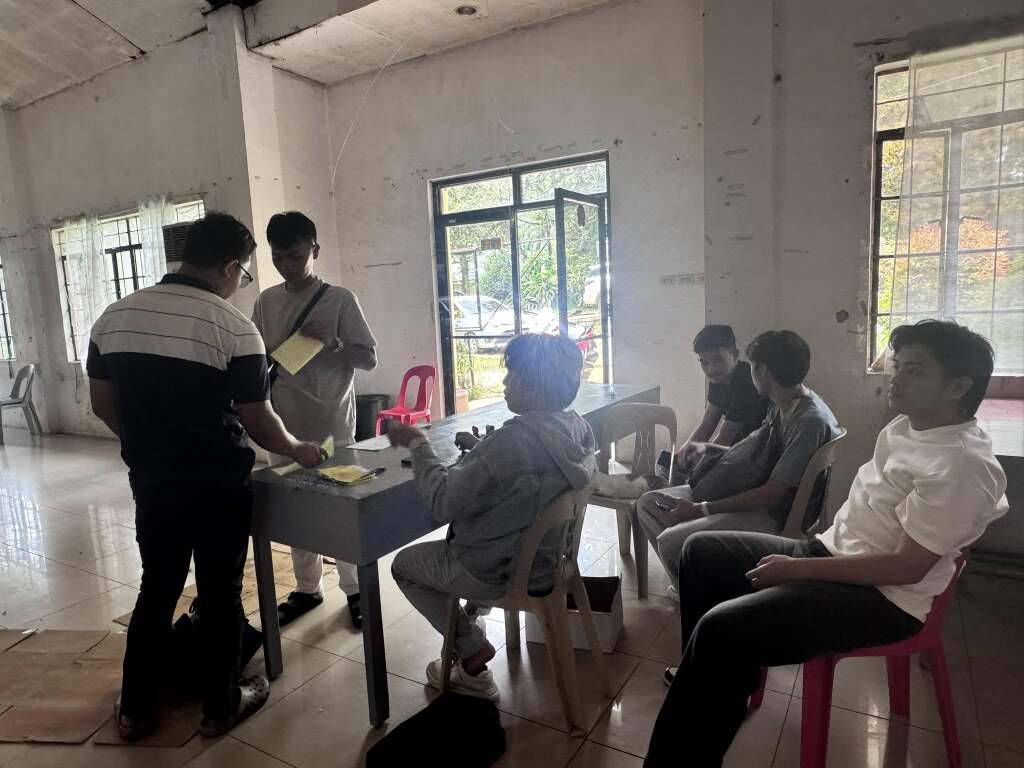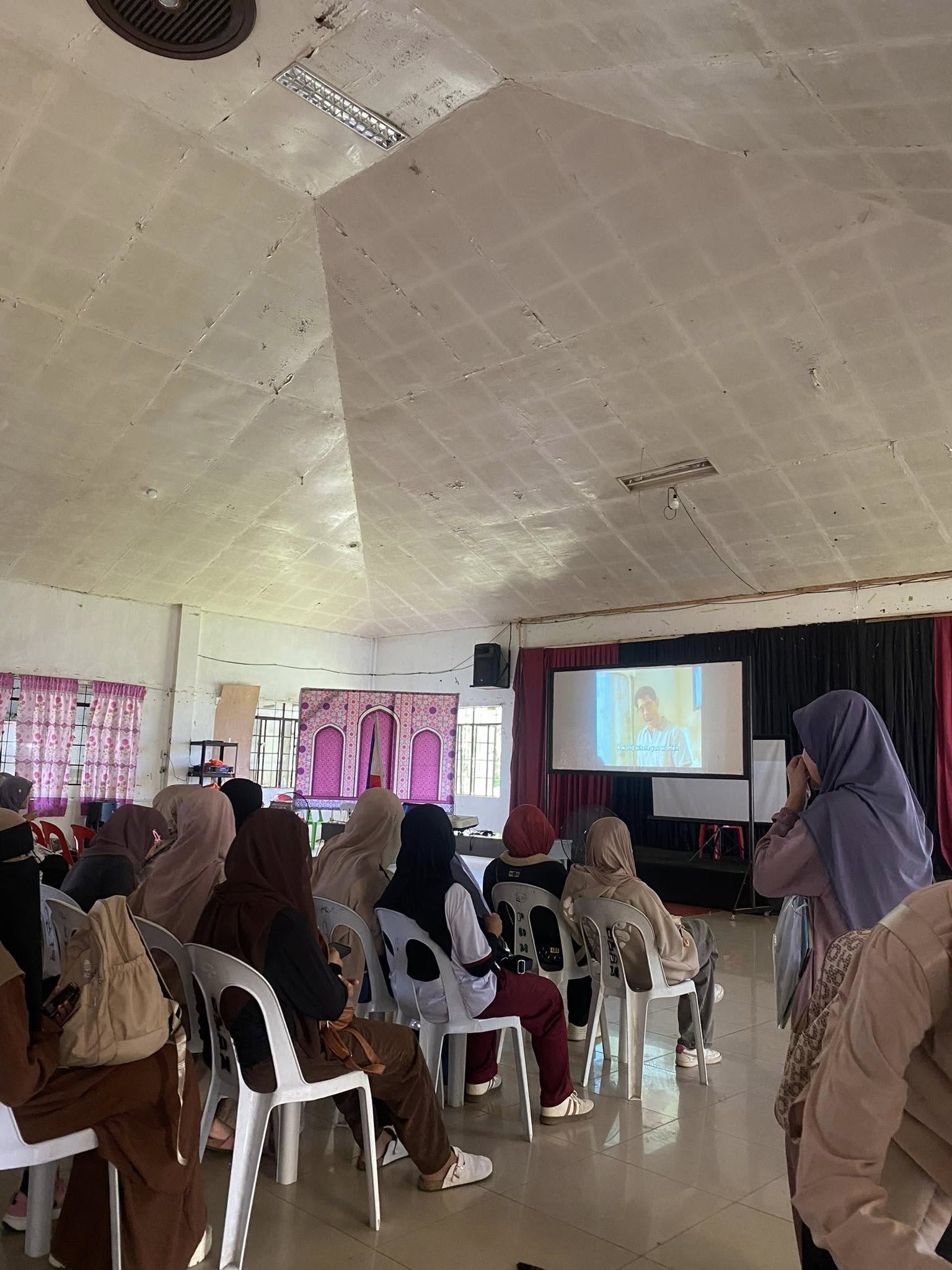By Aliah P. Cali-Pascan, JD., DPA
MSU, Marawi City – On the inaugural day of a special film showing event, students were captivated by the powerful narrative of “Dekada ’70,” a film chosen to resonate with the dual significance of Women’s Month and Bangsamoro History Month.
The screening, held at the Institute for Peace and Development in Mindanao Convergence Hall, aimed to provide students with a deeper understanding of Philippine history through the lens of a family’s struggle during the tumultuous era of martial law. “Dekada ’70,” based on the acclaimed novel by Lualhati Bautista, poignantly portrays the journey of Amanda Bartolome, a mother who navigates the complexities of raising her sons amidst political unrest and social upheaval.
The film’s selection was particularly relevant given the concurrent celebrations. Women’s Month, observed throughout March, highlights the crucial role of women in society and their fight for equality. Amanda Bartolome’s character, a strong and resilient woman who challenges societal norms and fights for her family’s freedom, offered a compelling representation of female empowerment.
Furthermore, the screening coincided with Bangsamoro History Month, which commemorates the rich history and cultural heritage of the Bangsamoro people. While “Dekada ’70” focuses on the broader context of martial law in the Philippines, it also serves as a reminder of the shared experiences of oppression and the enduring struggle for justice that resonate with the Bangsamoro narrative.
“We wanted to provide our students with a meaningful experience that connects with both national and regional observances,” said Prof. Mojahid Baraki. ‘Dekada ’70’ offers a powerful portrayal of courage and resilience, themes that are central to both Women’s Month and Bangsamoro History Month. It allows students to connect with the past and reflect on its relevance to the present.”
Students were visibly moved by the film’s emotional depth and its unflinching depiction of historical events. Many engaged in lively discussions after the screening, reflecting on the film’s themes of family, activism, and the pursuit of truth.
“The film was very powerful,” shared Zulffa Salo. “It made me realize the importance of standing up for what you believe in and the sacrifices people made for freedom.”
The screening of “Dekada ’70” served as a valuable educational experience, fostering critical thinking and promoting a deeper understanding of Philippine history and the ongoing pursuit of justice and empowerment, both for women and the Bangsamoro people. The event underscored the power of film to engage students with important social and historical issues, leaving a lasting impact on their understanding of the past and its connection to the present.
The film showing is organized by the History Department, CSSH in partnership with IPDM MSU Marawi City in collaboration with Bangsamoro Women Commission – Office of the Lanao del Sur Commissioner and NCMF GAD Focal Person.




